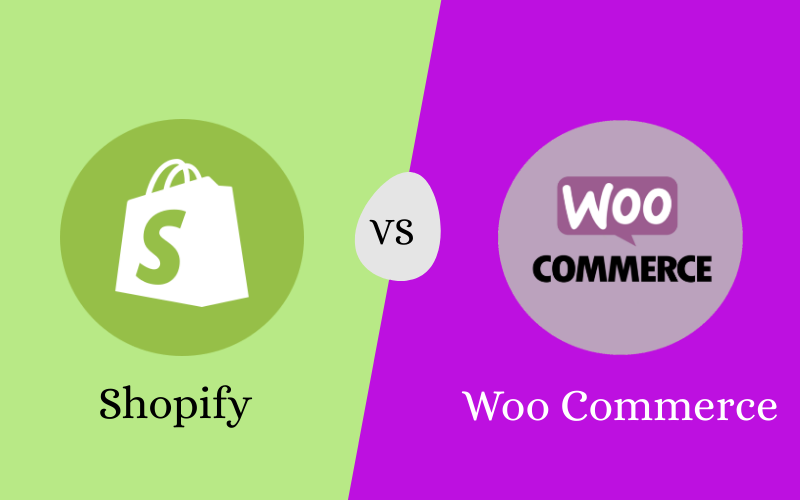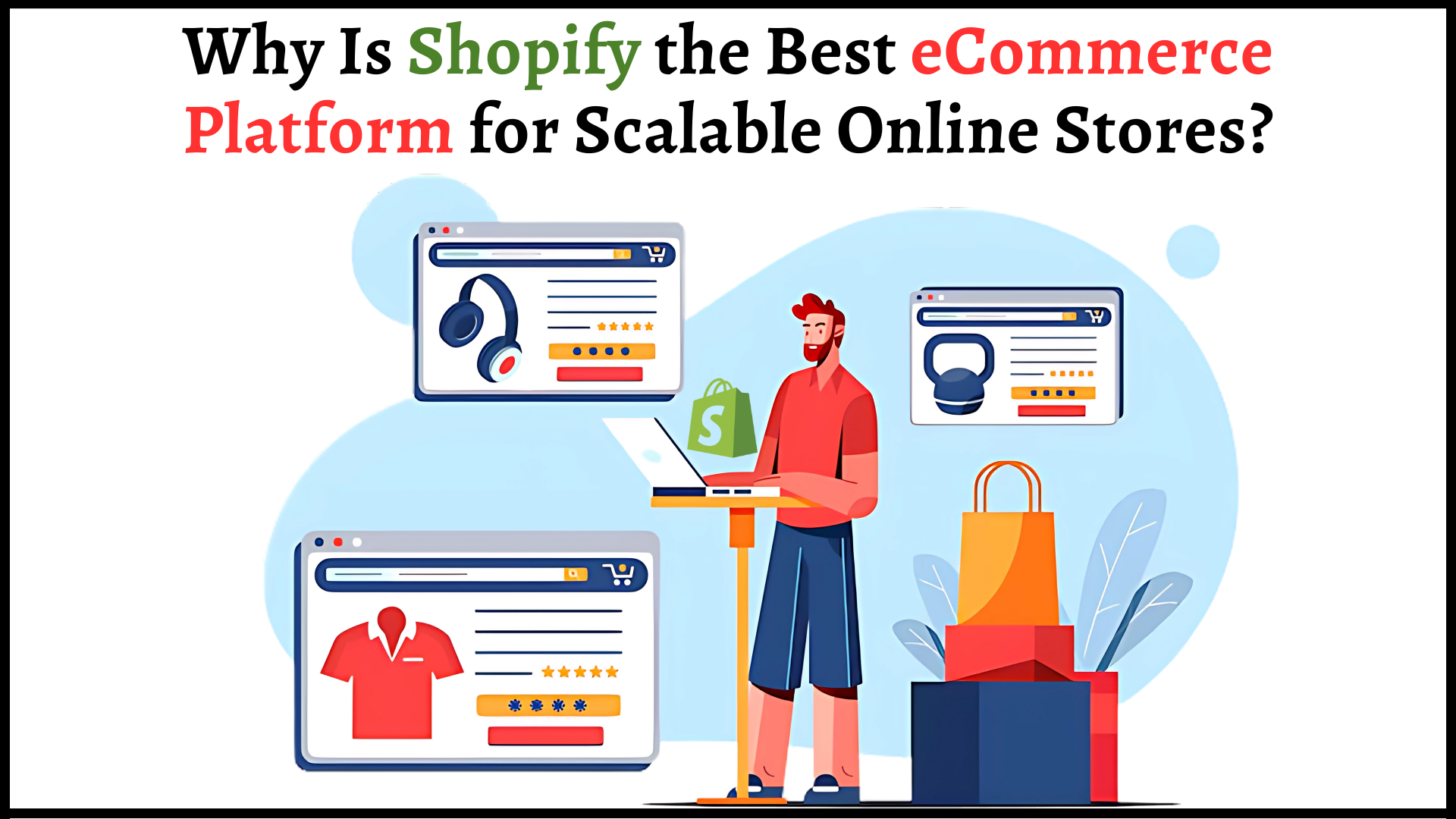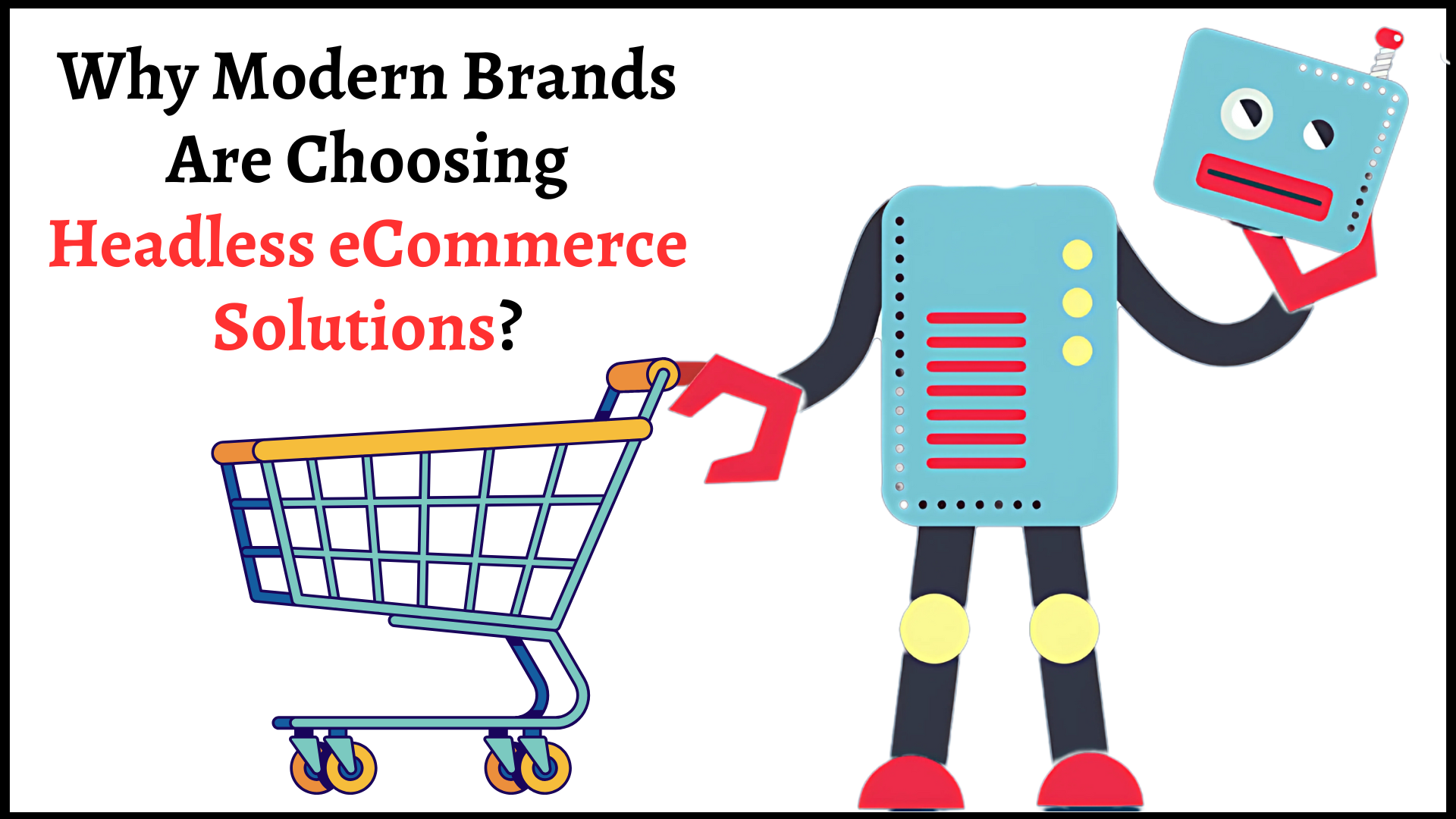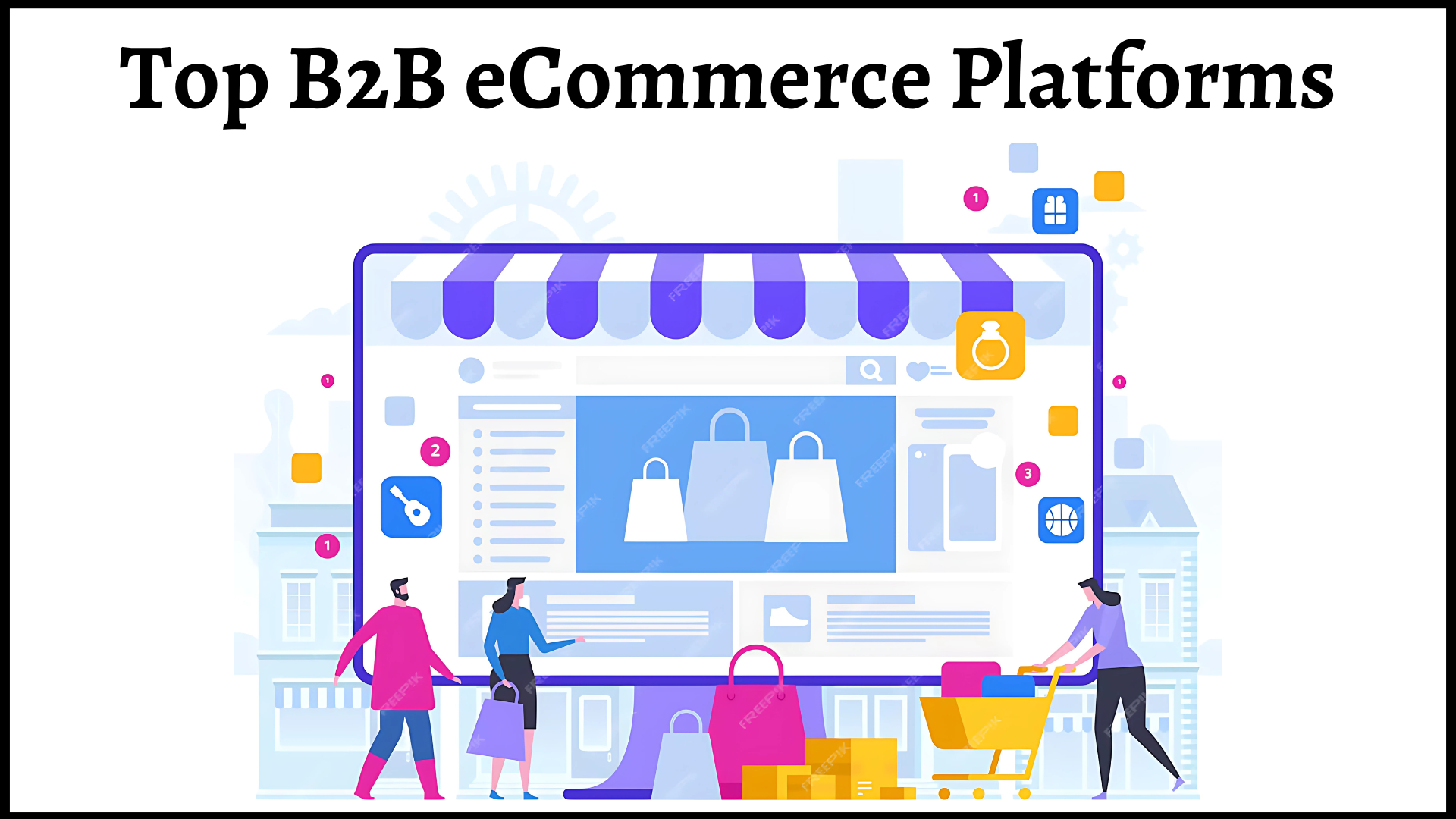eCommerce experienced powerful growth in the past decade. It compelled each entrepreneur to create their own online storefront. But, things are not as simple as they seem to be. An eCommerce website enjoys great popularity to represent an online business. At the same time, complexities appear in parallel. If you are a store owner, this tech-savvy arena has so much to offer you. In the eCommerce spectrum, two main players are Shopify and WooCommerce. The dilemma here is to check which one suits your business, Shopify, or WooCommerce.
Both of them have different configurations and specifications to render to your online store. You only need to grab the perfect fit for your business.
Some of their specialties are:
- innovative product variations,
- attractive designs,
- payment gateways,
- SEO features, and
- multiple shipping rates.
Moreover, we can use multiple extensions and add-ons to enhance the characteristics of an online store.
The primary difference lies in the setup of both online platforms. For using WooCommerce, you need a WordPress site to install this plugin and move further for the setup process of your store.
Instead, Shopify does not ask you to look for a web host on your own. The reason is its self-hosted solution.
These are just minor highlights. The list is endless and so as your demands.
Let’s dive deep into the nitty-gritty to decide who wins: Shopify or WooCommerce!
What is Shopify!
It is a complete package of eCommerce platforms. With Shopify website development, it is easy to create an online store. The basic advantages of using Shopify based websites are that it is easy to accept payments and manage the inventory via a single platform. Here, you do not need to worry about the technical aspects including caching, hosting, and security.
Shopify is a hosted platform for eCommerce with its own proprietary software. Here, each service comes with a subscription option. This subscription appears as the birth of the SaaS (software as a service) trend in the eCommerce spectrum. One needs to make a single-time payment to get software, hardware, and support to run an eCommerce store.
What is WooCommerce!
WordPress is a versatile platform that performs the desired function for you by making use of different plugins. One of the most successful plugins here is WooCommerce which any business enthusiastic can use to build their online store. It is actually a complete suite of every function that you can plug into WordPress to run your eCommerce store with ease. However, the best way to leverage this platform is by hiring a WooCommerce development company that can create an online store as per your unique requirements. They can build the store with the right features and functionalities.
This popular eCommerce plugin is majorly designed for WordPress lovers. It leverages the most powerful CMS to use them for running your online store. Its open-source behavior makes it easy to customize every aspect of your web store. With WooCommerce, it is easy to build custom extensions.
Features
WooCommerce is a great platform with its simplistic tool that swiftly allows selling your products. It lets you have control over all the features that you need to add.
There are a plethora of features that it offers. The list includes:
- Ability to sell physical and digital products plus software apps,
- Wide range of product creation and in-depth customization,
- Acceptance of payments with Stripe, PayPal, and similar additional integrations,
- Shipping rates according to the products or categories,
- High-end maintenance of existing product stock, and
- Mobile-friendly features to easily integrate with mobile-friendly themes.
Shopify, on the other hand, has tons of store features to scale an eCommerce store. Its elements have a well-defined structure to create a web store in the least possible time.
Here are some of its traits-
- Integration of social media and email marketing for better growth
- A swift website builder for customization,
- A strong and integrated blogging platform,
- Built-in analytics and reporting data,
- Wide range of responsive and mobile-friendly themes.
Content Tools
With a general theme, Shopify is specifically made as an eCommerce platform. It allows all the content tools to be kept across the store and products. It contains efficient tools to allow editing for the home page, product pages, categories, and collections. An integrated blogging tool adds good value to it. It has the basic traits that an e-store needs.
On the other hand, WordPress is a full-fledged content management system with built-in blogging functionality and content management. With WooCommerce, you can stuff a web store with custom post types to create a product content type.
SEO
There is no other weapon than SEO that can bring you effective traffic generation. WooCommerce gets access to all the SEO tools that WordPress contains as it actually runs on WordPress. WordPress possesses SEO traits and gives large control over the post, page, and product content.
Furthermore, there is wide access to various SEO plugins to take your onsite SEO efforts to the next level of success. One good example is Yoast WooCommerce SEO.
Shopify gets higher marks when it comes to giving the best results in terms of rankings in search engines. WordPress installed within WooCommerce has its own hosting pattern, plugins, and theme to impact the SEO. Whereas, Shopify comprises dedicated servers to allow fast loading of your website. This, in turn, gives high ranking.
Apart from this, there are numerous other features such as alt and meta tag optimization, image optimization, extensive product descriptions, etc. An integrated blogging platform is an added advantage that helps you with a prompt content strategy.
Last but not least privilege is, Shopify comes with a free SSL certificate. SSL certificate allows a website to be secure, hence giving a boost to the search engine rankings of your business.
Extensions and Third-party Integration
If you want to extend the functionality of your eCommerce shop, WooCommerce extensions are the best ways to do so. There are around 320 extensions in WooCommerce that offer different functionality.
It can be anti-fraud protection, coupon generator, affiliate software, revenue management, and even additional payment gateways. All of them together make WooCommerce a good place to create your online store. You can do it with ease and most importantly as per your choices.
With Shopify, it is easy to paste the additional features to your shop so that it will bring you tremendous business growth. Discussing broadly, you can get a complete app store powered by Shopify.
It lets you get improved social media, marketing, sales process, shipping, and accounting. It is easy to add the required features, but most of the apps demand premium charges. This brings a little concern when you want to add a host of functionalities.
Support
As WooCommerce is WordPress powered, it is easy to use the WordPress forum and its relevant plugins to resolve any issues. Being a plugin and not an individual service, they do not carry a dedicated support team. But, their support forums and detailed documentation are illustrative and extensive enough to answer almost every query that comes along their way.
Shopify has high-end customer support with dedicated support staff to handle each request. It is available 24X7 through live chat, email, and phone. These people have immense knowledge of everything whether it is a site set-up or answering a query.
Payment Options
Shopify contributes to a multitude of payment options that customers can use to make payments easily. It allows a privately owned payment solution known as Shopify payments along with all the major third-party payment gateways. Although it charges an extra 2% fee for each transaction.
WooCommerce allows PayPal and Stripe payments and gives support to the major payment providers via add-ons. Being a self-hosted platform, you are liable to give transaction fees via your own payment bank.
There is no need to pay any fees for the store transaction. It is a noticeable fact that puts WooCommerce ahead of its peers. Even for third-party integration, you can save a lot of time.
Scalability
Shopify is proficient within itself to manage all the technical parts of your online store. So, the site owner should not worry about scalability, security, and performance. If you feel that your business has started growing, you can upgrade your Shopify plans. The strong Shopify structure can handle your growing business without any confusion about backups, updates, and downtimes.
WooCommerce is responsible for handling various security issues including backups and updates. The inherent logic is that it is a self-hosted platform. You might notice that your hosting plan would run out of resources when the traffic starts increasing at your store.
This compels you to upgrade the plan and pay more for fair resources. It will result in powerful servers and you will have good control of the resources. You should invest in those resources that are genuinely important.
Few Concluding Thoughts
You should remain thoughtful when you pick a relevant platform to build your web store. The reason is obvious. To run an online shop, you should remain careful and remember a mere mistake can cost you a lot. Whether you choose Shopify or WooCommerce, keep their no fixed protocol in mind.
Both of these platforms are perfect with their own features. With each unique user, results might fluctuate and these comparisons never come to an end. So, the ultimate decision depends on your specific needs. Picking a reliable eCommerce website development company will prove a beneficial approach if you want professional results.
Leave us a comment for any query or tweet us @csschopper.





